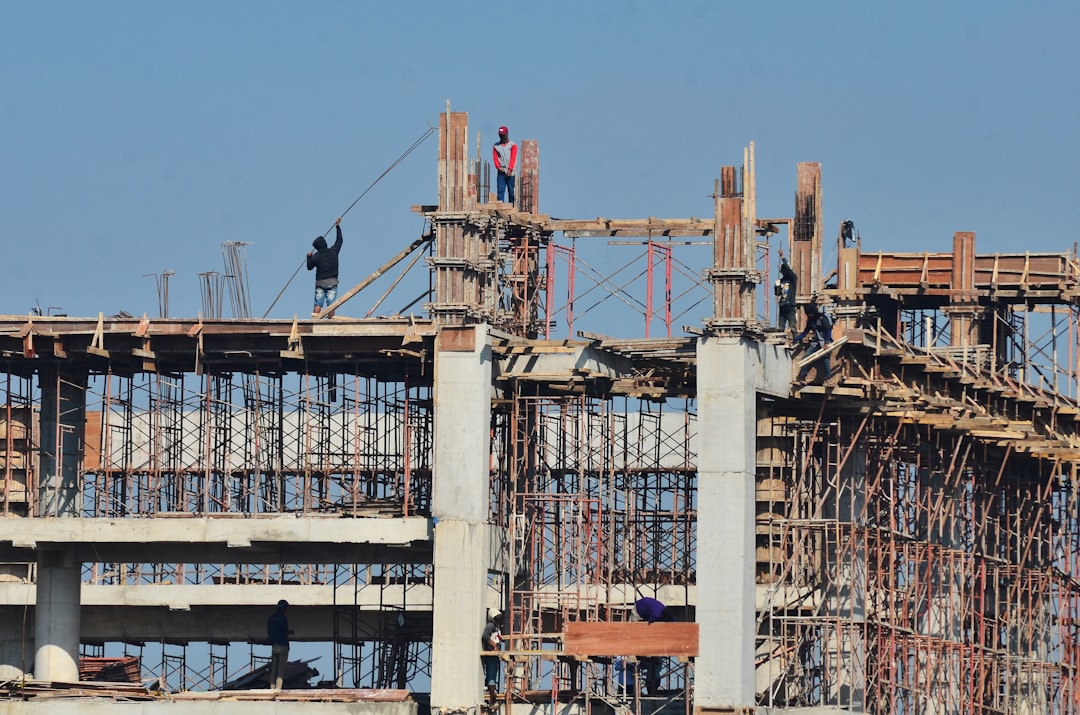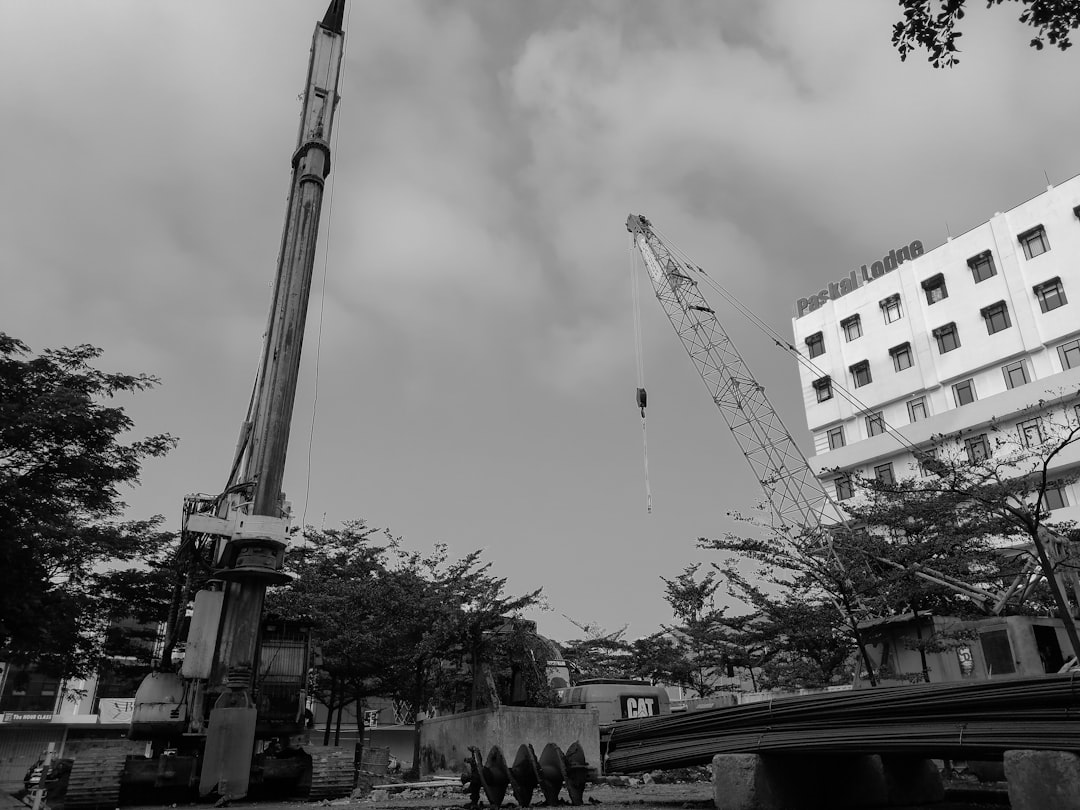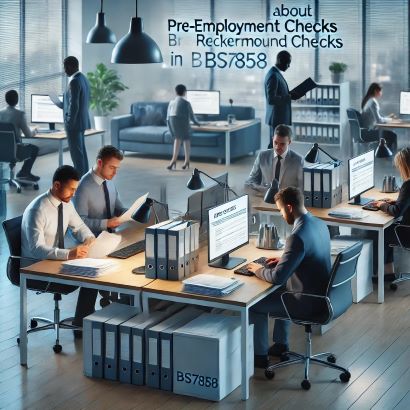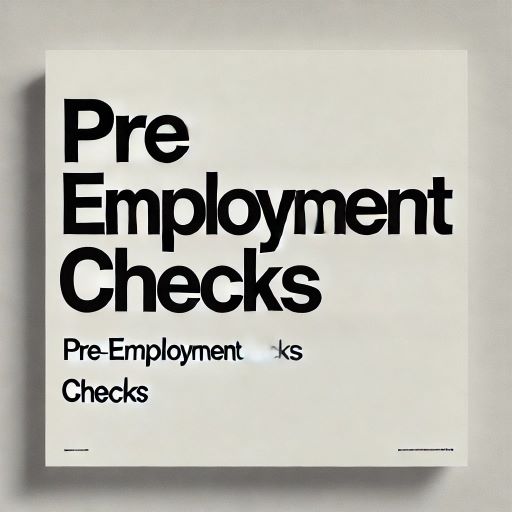

To guarantee a thorough evaluation of candidates, organizations typically follow these steps:Applicants need to provide documents like a passport or driver's license to confirm their identity.
BPSS checks are governed by standards set by the UK government, specifically designed to comply with national security guidelines for personnel working in secure environments. Maintain your BPSS clearance by understanding the validity period and renewal requirements. These include the accuracy of the information provided by the applicant, the speed with which previous employers respond to verification requests, and the specific requirements of the employing organization.
The right to work check under BPSS serves as a legal safeguard that prevents illegal employment. Security standards Criminal Records Check: Verification of any unspent criminal records is crucial for evaluating suitability for BPSS clearance.
Continuous monitoring and updating of BPSS clearance are recommended for roles that involve ongoing security concerns. Be honest and consistent to avoid failing the BPSS check.
By verifying nationality, immigration status, employment history, and criminal records, organizations can assess the suitability of candidates for positions requiring access to sensitive information like the Public Services Network (PSN). Your BPSS clearance is typically valid for 3 years from the date of issue.

Follow our guide to apply for BPSS clearance successfully.
Posted by Jasmine Roberts on 2024-10-08

Keep your BPSS clearance active with proper renewals.
Posted by Jasmine Roberts on 2024-06-24
Posted by Jasmine Roberts on 2024-06-14

Learn how employers can ensure BPSS compliance.
Posted by Jasmine Roberts on 2024-06-08

Avoid these common BPSS clearance application mistakes.
Posted by Jasmine Roberts on 2024-05-29

Discover what employers verify during BPSS checks.
Posted by Jasmine Roberts on 2024-05-10

Learn the essential requirements for BPSS clearance approval.
Posted by Jasmine Roberts on 2024-04-27

Learn the differences between BPSS and CTC clearance.
Posted by Jasmine Roberts on 2024-02-10
BPSS checks typically include four main elements: identity verification, employment history check, right to work confirmation, and a basic criminal record check. These documents can include passports, biometric residence permits, national identity cards, and work visas. Automated systems can cross-reference and validate information against multiple databases in real-time, ensuring that discrepancies are quickly identified and addressed.
A key component of the BPSS check is the verification of documents, which can be time-consuming. In contrast, BS7858:2019 is tailored for roles where employees handle sensitive information, work in secure environments, or where there is a high requirement for trust and security integrity.
As technology evolves, it will continue to shape how Baseline Personnel Security Standard checks are conducted, promising even greater improvements in efficiency and security in the future. While DBS checks are significant for specific sectors like healthcare and education, BPSS is tailored for individuals with access to government assets and secret information.
Their roles potentially expose them to sensitive information that could affect the country's governance and international standing. BPSS clearance procedures are based on standards set by the UK Government, particularly by the Cabinet Office, which outlines the national security vetting policies. Security assurance

The role of verifying the right to work is a crucial component of the Baseline Personnel Security Standard (BPSS) checks in the UK. Reviewing a candidate's employment history is another vital component of the BPSS checks. Employers should manage expectations and provide candidates with as much information as possible about what to expect during the BPSS clearance process to ensure a smooth and efficient vetting experience.
Providing a valid passport or driver's license is essential for verifying your identity when applying for BPSS clearance. Each of these areas is carefully examined to ensure that the individual does not pose a security risk.
Some organizations require a new DBS check every three years or have policies for more frequent updates, reflecting the ongoing need to protect vulnerable populations. When distinguishing between BPSS and DBS checks, it's vital to recognize that BPSS focuses on national security vetting, identity verification, and right to work status, while DBS solely examines an individual's criminal record.
To get an accurate cost estimate, it's advisable to request a quote from a trustworthy screening provider. This process involves reaching out to past employers to confirm periods of employment, roles held, and reasons for leaving, which can take time if past employers are slow to respond or if the candidate has worked internationally.


In conclusion, digital technology has profoundly impacted the BPSS process by making it faster, more accurate, and more secure. Depending on the severity and nature of the crime, certain offenses may disqualify individuals from obtaining BPSS clearance. Addressing inconsistencies or gaps in the information provided by the individual undergoing BPSS clearance may necessitate additional time and effort to resolve.
This involves informing candidates that a BPSS check will be conducted, what the check entails, and what specific information will be gathered. Yes, you can fail a BPSS check if there are discrepancies in your identity verification, right to work status, criminal records, or employment history.
To continue accessing government assets, renewal of your BPSS clearance is necessary after this 3-year period. Delving into the intricacies of BPSS clearance can reveal a world of protocols, challenges, and future adaptations that are essential for maintaining security standards.
Transportation officials, especially those involved in overseeing or managing public transport security, require BPSS clearance due to the potential risks associated with transportation infrastructure and mass transit systems. For example, individuals who have frequently moved or changed jobs may require more extensive checks on their background, thus extending the process.

In some cases, BPSS checks can encounter delays if discrepancies or issues need to be resolved, such as gaps in employment or discrepancies in personal information. BPSS checks are typically required for individuals working in, or on behalf of, the UK government.
Typically in the UK, a standard BPSS check may range from £50 to £100. Regarding regulatory compliance, both standards must adhere to the UK's data protection laws, including GDPR. DBS checks are more detailed and can include checks on spent and unspent convictions, cautions, reprimands, and warnings held in the UK Police records, depending on the level of check required.
By mandating BPSS checks for these specific roles and sectors, organizations can maintain secure environments, prevent unauthorized access to data, and enhance trust in their recruitment processes. This timeframe assumes that there are no complications, such as discrepancies in the information provided or delays in receiving necessary documents from third parties.
Ensuring your legal right to work in the UK is documented is an essential step in the BPSS clearance process. This clearance provides a baseline level of assurance on the reliability, trustworthiness, and integrity of prospective personnel.
BPSS is suitable for general employment in government-related roles requiring a basic level of security assurance.

BPSS Clearance involves verifying an individual’s identity, employment history, right to work, and criminal record. This ensures that only eligible candidates are employed in sensitive positions.
The cost of BPSS Clearance is typically covered by the employer. However, in some cases, applicants may need to pay for certain document-related fees, such as background check certificates.
While a criminal record check focuses solely on an individual’s criminal history, BPSS Clearance includes identity verification, employment history review, and right-to-work checks in addition to criminal records.